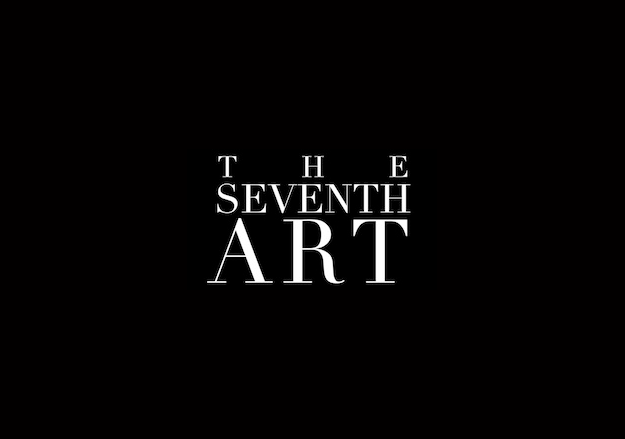
The Seventh Art
2020 Roundup #6
December 17, 2020
https://theseventhart.info/tag/film-about-a-father-who/
Film About a Father Who (Lynne Sachs)
At first glance, Lynne Sachs’ latest documentary comes across as another iteration on the now all-too-common work of ‘personal archaeology’ in which filmmakers trace their roots through public and private archives, at times rending open the specific ways their unhappy families have been dysfunctional. Sachs, for one, employs home movies shot over half a century in half a dozen formats—8mm, 16mm, VHS, Hi8, Mini DV and digital—by herself, her father and her siblings, filmmakers Dana and Ira Sachs. The material turns around their father, Ira Sachs Sr., a ‘hippie businessman’ who sowed his wild oats across the world and virtually birthed a baseball team. Senior’s constant womanizing comes down heavily upon his children, some of whom have known the existence of the others only after decades, but also upon his mother, with whom he nevertheless shares a close but complicated relationship. Sachs weaves through years’ worth of footage and layers it carefully into a simple, direct account with a voiceover addressed at the audience. She takes what could’ve been a narrow family melodrama into much stickier territory. As she says, the film isn’t a portrait of her father, but a meditation on relationships with this man as the connecting element. Sachs and her siblings sit with their father, now infirm with age, and ask him to recollect episodes from the past. What do they expect? Confession? Reckoning? Simple testimony wrought from a gradually vanishing consciousness? Sachs goes beyond all gut responses to her father’s behaviour—disappointment, rage, disgust—towards a complex human reality that can elicit only inchoate sentiments, as suggested by the film’s incomplete title. She isn’t filming people or their stories, but the spaces between people, and how these spaces are always mediated by the actions of others. Senior’s wayward life, itself rooted perhaps in a traumatic childhood, profoundly shapes the way his children look at each other. Two living room discussions are intercut as though they are unfolding in the same space, the only way the filmmaker is able to bridge these invisible branches of the family tree. Sachs’ film is ostensibly a massive unburdening project for her; that she has been able to draw out its broader implications is a significant accomplishment.
Just Another Film Buff
